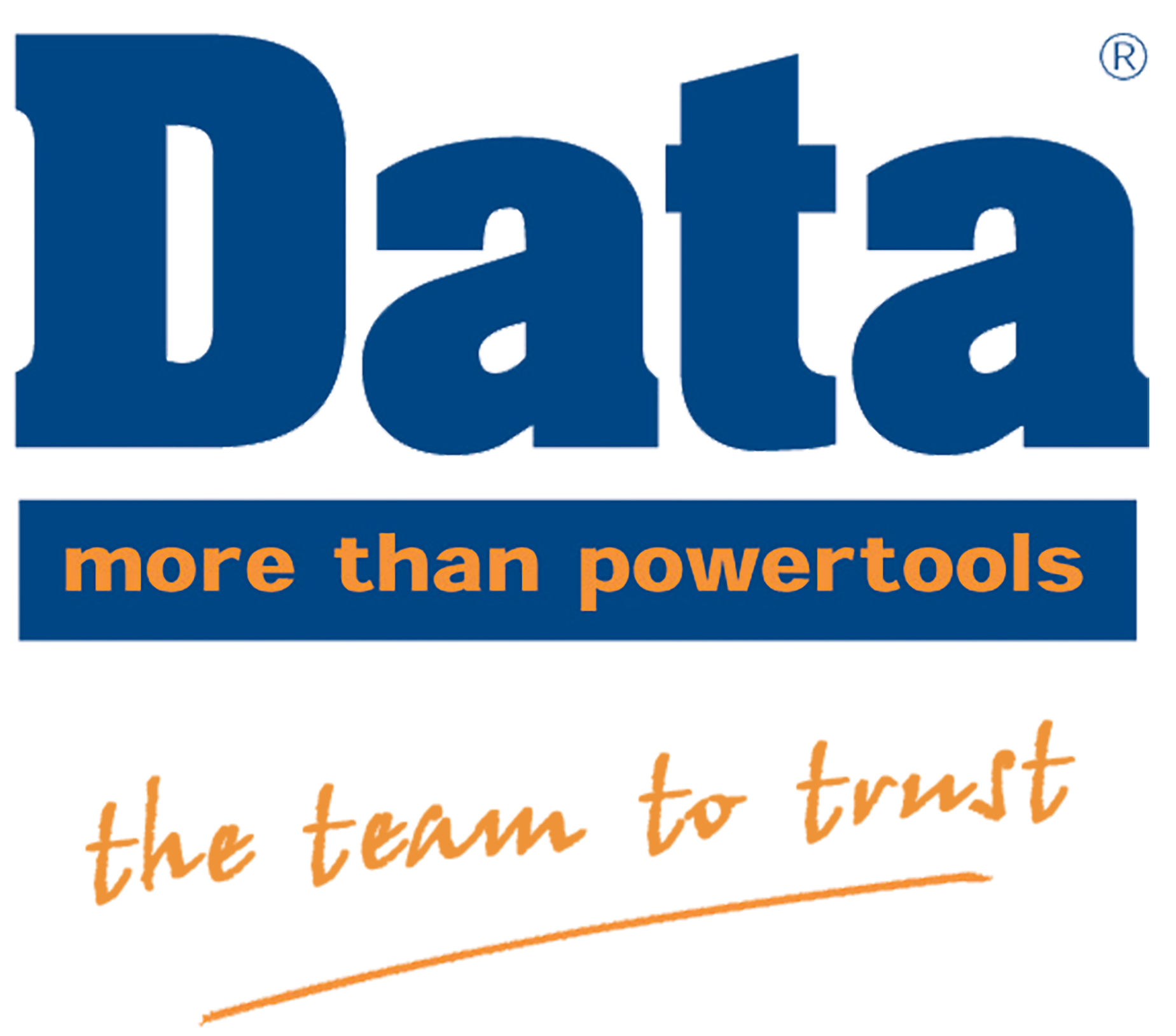Top Power Tools Every Tradesman Should Have in Their Tool Box
As a tradesman, having the right tools can make all the difference in the quality and efficiency of your work. Over my years in the trades, I've learned that while some tools are universally essential, others are specific to particular trades. Here, we'll explore the top power tools that every tradesman should consider, tailored to the unique needs of different trades.
Carpenters
Carpenters need tools that allow for precision cutting, shaping, and joining wood. The following power tools are indispensable for any carpenter:
- Circular Saws: Ideal for making quick, accurate cuts in various types of wood. A cordless model offers greater mobility on the job site.
- Jigsaws: Perfect for cutting curves and intricate patterns in wood.
- Power Drills/Drivers: Essential for drilling holes and driving screws. A variable speed drill with multiple settings is versatile for various tasks.
- Random Orbital Sanders: Ensures smooth finishes on wood surfaces, reducing the time spent sanding by hand.
- Routers: Used for hollowing out an area in the face of a piece of wood, routers are crucial for creating edges, joints, and intricate patterns.
Electricians
Electricians require tools that ensure safety and efficiency when working with electrical systems. Key power tools for electricians include:
- Cordless Drills/Drivers: Useful for drilling holes in walls and driving screws. A compact model is ideal for working in tight spaces.
- Rotary Hammer Drills: Necessary for drilling into concrete and masonry when running electrical conduits.
- Reciprocating Saws: Great for cutting through various materials, including metal and wood, often used in demolition work.
- Cable Pullers: Helps pull cables through conduits efficiently, saving time and effort on large jobs.
- Electrician's Multi-Tool: Includes functions like wire stripping, cutting, and crimping, combining several tools into one.
Plumbers
Plumbers need tools that can handle pipes, fittings, and tight spaces. Essential power tools for plumbers include:
- Pipe Cutters: For cutting pipes cleanly and accurately. An electric pipe cutter speeds up the process.
- Cordless Drills/Drivers: Used for drilling holes for pipe installation and driving screws.
- Reciprocating Saws: Useful for cutting through pipes and removing old fixtures.
- Pipe Threaders: Makes threading pipes faster and more accurate, essential for fitting pipes securely.
- Drain Augers: An electric drain auger helps clear blockages in pipes quickly and efficiently.
Masons
Masons work with stone, brick, and concrete, requiring robust tools that can handle tough materials. Key power tools for masons include:
- Angle Grinders: Essential for cutting, grinding, and polishing stone, brick, and concrete.
- Rotary Hammer Drills: Necessary for drilling holes in concrete and masonry.
- Masonry Saws: For precise cutting of bricks, stones, and tiles. A wet saw is ideal for reducing dust and keeping the blade cool.
- Concrete Vibrators: Helps remove air bubbles and ensures even distribution of concrete.
- Tuckpoint Grinders: Used for removing old mortar and preparing joints for repointing.
General Contractors
General contractors need a versatile set of tools to handle a wide range of tasks. The following power tools are essential:
- Cordless Drills/Drivers: A must-have for drilling and driving in various materials.
- Circular Saws: For quick and accurate cuts in wood and other materials.
- Reciprocating Saws: Ideal for demolition and cutting through a variety of materials.
- Impact Drivers: Provides more torque than a regular drill, making it perfect for driving large screws and bolts.
- Multi-Tools: Versatile for cutting, sanding, grinding, and scraping in tight spaces and for a variety of materials.
Painters and Decorators
Painters and decorators need tools that ensure smooth, even finishes and precise application.
- Paint Sprayers: Ideal for large surfaces, providing an even coat of paint quickly and efficiently.
- Electric Sanders: Used for preparing surfaces before painting, ensuring a smooth, clean surface.
- Heat Guns: Useful for stripping old paint and for drying areas quickly.
- Power Rollers: Speeds up the process of painting large walls and ceilings, reducing manual effort.
- Laser Levels: Ensures straight lines and even application, particularly useful for wallpapering and stenciling.
Roofers
Roofers require tools that can handle tough materials and work at heights safely.
- Cordless Roofing Nailers: Speeds up the process of securing shingles and roofing materials.
- Circular Saws: For cutting roofing materials such as plywood and shingles.
- Reciprocating Saws: Useful for removing old roofing materials and cutting through various materials during roof repairs.
- Heat Guns: Used for installing and repairing roofing materials that require heat sealing.
- Magnetic Sweepers: Helps collect nails and metal debris from the roof and surrounding areas to ensure a safe working environment.
Tile Setters
Tile setters need tools for cutting, shaping, and setting tiles accurately.
- Wet Tile Saws: Provides clean, precise cuts in ceramic, porcelain, and stone tiles.
- Angle Grinders: Useful for cutting and shaping tiles, especially for detailed work.
- Tile Cutters: A manual or electric tile cutter ensures straight cuts and is essential for fitting tiles into specific spaces.
- Rotary Tools: Ideal for intricate cuts and smoothing edges on tiles.
- Electric Mixing Drills: Used for mixing grout and adhesive evenly and efficiently.
FAQs
Q: Are cordless tools better than corded ones?
A: Cordless tools offer greater mobility and convenience, especially on large job sites or when working in areas without easy access to power outlets. However, corded tools generally provide more consistent power and can be better for tasks that require prolonged use.
Q: How do I maintain my power tools to ensure they last longer?
A: Regular cleaning, proper lubrication, and timely replacement of worn parts are key to maintaining power tools. Storing them in a cool, dry place and using the correct accessories also help extend their lifespan.
Q: What should I consider when buying new power tools?
A: Consider the specific needs of your trade, the type of materials you'll be working with, and the power source (cordless vs. corded). It's also important to look for tools from reputable brands known for durability and reliability.
Q: Can I use power tools designed for one trade in another?
A: While many power tools are versatile and can be used across different trades, it's best to choose tools designed specifically for the tasks you'll be performing most frequently to ensure efficiency and safety.
Conclusion
Equipping your toolbox with the right power tools tailored to your trade can significantly enhance your efficiency and the quality of your work. By investing in essential tools and maintaining them properly, you can ensure they serve you well for many years. Happy working, and may your tools always be up to the task!





